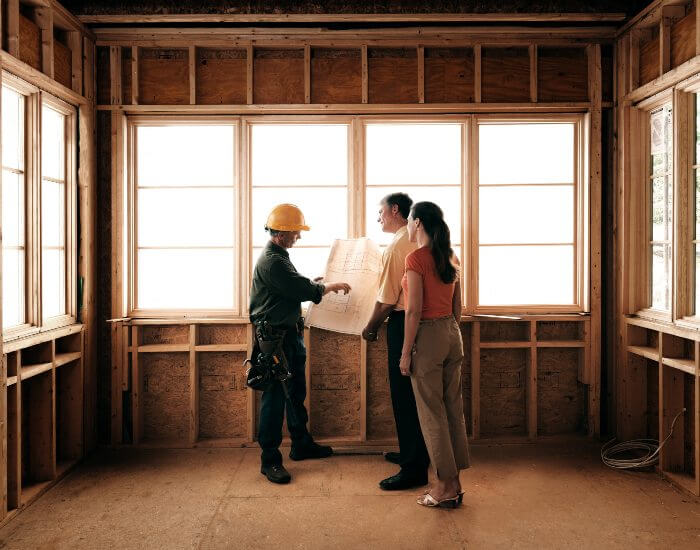
If you’re looking to replace your home’s water pipes, you may be wondering how your choice could affect drinking water quality. Your worries are well-founded. After all, lead pipes and fittings were installed until the mid-1980s, and galvanized steel and cast iron have historically had issues with corrosion, sediment buildup, and other problems. Learn which plumbing pipes are considered the safest so you can repipe your home with confidence.
Safest Plumbing Pipe: Copper
Copper has been a standard plumbing pipe material since the 1960s, and with good reason. First, copper is the preferred choice from a safety standpoint because it preserves drinking water quality. Unlike galvanized steel or cast iron, copper is corrosion-resistant and doesn’t leach rust or sediment into the water. Plus, there’s no risk of plastic chemical byproducts entering your water supply.
Then, copper pipes don’t degrade when exposed to high heat and water pressure. With professional installation and proper care, this plumbing material can last 100 years. It’s also recyclable when it reaches the end of its lifespan and even holds monetary value.
Other Safe Plumbing Pipes: Plastics
Plastic pipes are commonly used in new and retrofitted plumbing installations. However, not all plastics are rated for drinking water pipes. For instance, polyvinyl chloride (PVC) is suitable for drain lines, but it can deteriorate when exposed to the high temperature and water pressure of supply lines. Acrylonitrile butadiene styrene (ABS) is another plastic pipe material reserved for drain, waste, and vent pipes.
If you want to replace your water supply lines with a plastic material, here are three safe options to consider:
- Cross-linked polyethylene (PEX) is a popular material for water supply lines in new homes and plumbing retrofit projects. It is a flexible plastic pipe able to weave through a home with minimal connective joints, minimizing the risk of leaks. PEX has proven to be a promising plumbing innovation, but its long-term performance has yet to be determined because it’s still so new.
- Chlorinated polyvinyl chloride (CPVC) is a tougher form of PVC that can withstand a wider temperature range, making it appropriate for water supply lines. Because of its increased chlorine content and other aspects of its chemical makeup, CPVC is among the safest plumbing pipes for transporting drinking water.
- High-density polyethylene (HDPE) has been used for decades in non-drinking water applications. This material is often preferred for its welded joints, which eliminate the leaks and contaminant infiltration associated with traditional fittings. However, HDPE is known to leach organic materials into the water, though these leaves are deemed “safe” by EPA standards. Still, some people doubt the safety of any level of contamination.
If you decide to play it safe with copper plumbing pipes, turn to Puget Sound Plumbing and Heating for reliable home repiping services in the Seattle area. We specialize in copper pipe installation to help our customers enjoy safe, clean drinking water. For answers to your questions or to request a repiping estimate, please contact us at (206) 938-3219.


